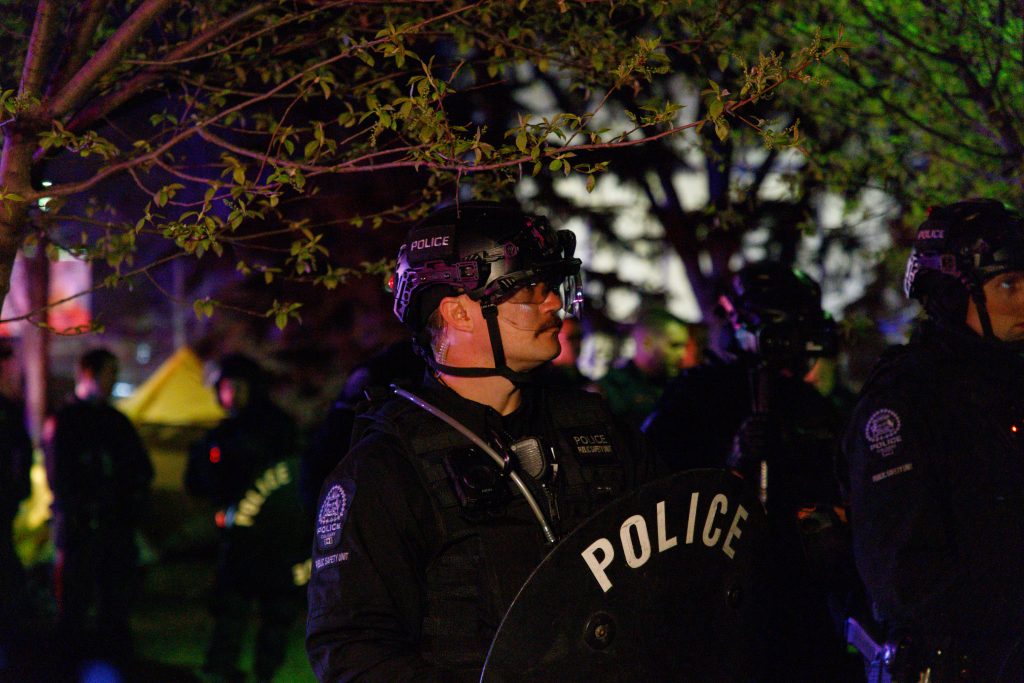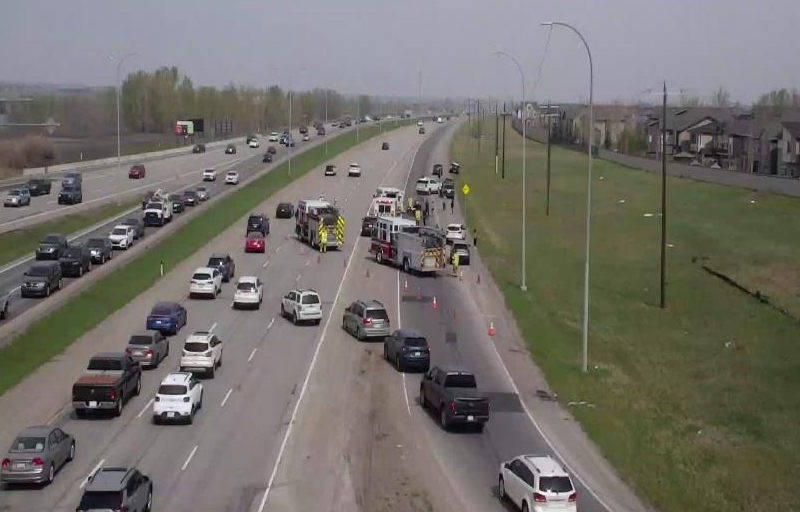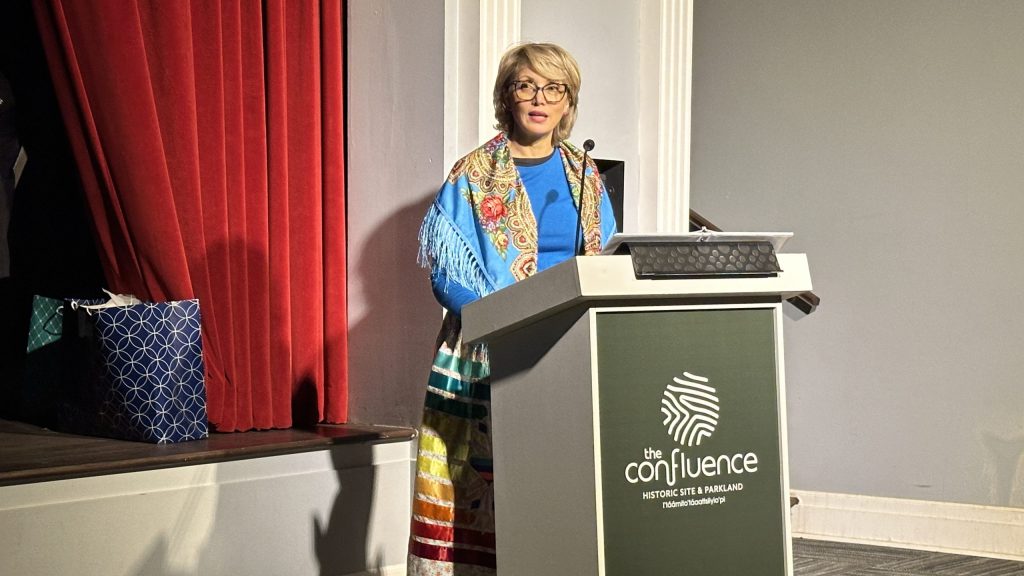Calgary tourism struggling despite Stampede
Posted Jul 12, 2021 5:34 pm.
Last Updated Jul 12, 2021 8:04 pm.
CALGARY — With restrictions lifted in Alberta, and Calgary hosting the Stampede, restaurants are witnessing decent crowds — but the hotel industry is not as happy.
They feel there is a marked difference between this year’s event and the last one, held prior to the COVID-19 pandemic, resulting in reduced hotel occupancy.
“We are going from zero to one hundred, so imagine two months ago, hotels were near empty, without any guests,” said Sol Zia, the executive director of the Calgary Hotel Association. “So, we are happy and excited that as a city we might see 50 per cent occupancy during the Stampede and that is through the Albertans and maybe regional travellers from other provinces who are flocking here for Stampede. But, of course, without international travel and the border being reopened, 50 per cent is as good as we will get.”
In a typical Stampede year, Calgary hotels would be around 90 per cent occupied.
RELATED ARTICLES:
-
Banff is packed, but lack of international visitors leaves many businesses struggling
-
Alberta prepared for another summer without international tourists
-
Alberta Premier Jason Kenney wants Canada to reopen to fully vaccinated visitors
However, with restrictions lifted in Alberta, Tourism Calgary expects a considerable boost in the number of travellers from other provinces.
“It’s a little premature right now to talk about numbers as they relate to Stampede, but from the perspective of being able to be more open and have restrictions lifted, and for our industry to really be able to wake up and start to come back and welcome visitors, whether they are local or regional and eventually international visitors, this is really a positive thing and it’s a positive first step for our industry,” said Cassandra Mcauley with Tourism Calgary.
A clear picture of the economic benefit of the greatest outdoor show on earth, the Calgary Stampede, will be released once the event wraps up.
But to further support the hotel industry, the hotel association wants the Alberta government to defer the travel levy on hotels, so they may be able to re-hire the lost workforce and recover from the losses of the past 16 months.
“The number one thing we need is a commitment to the survival and return of tourism,” said Zia. “Encouraging travel, creating opportunities for travel, and back to our ask today, to allow the hotels as one sector of tourism to be able to reinvest back in the growth. You have to survive, to recover, to grow.”










